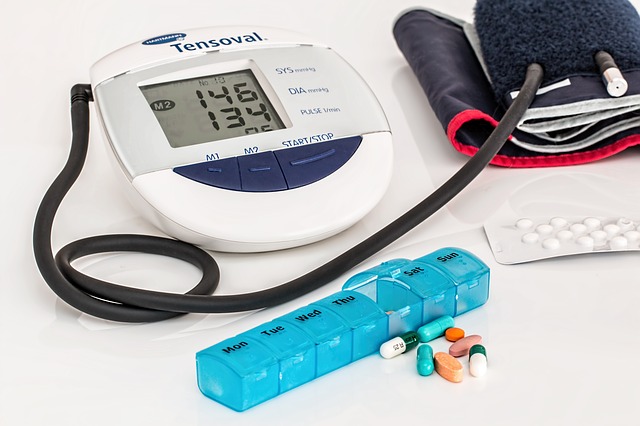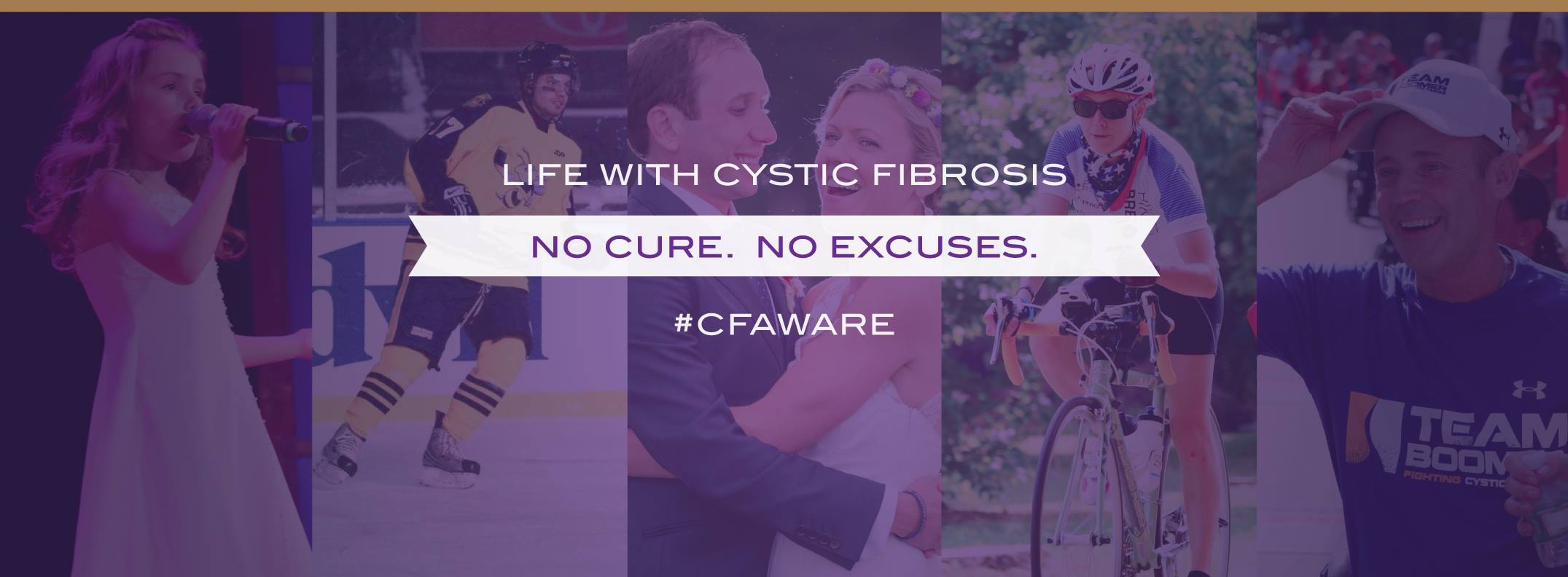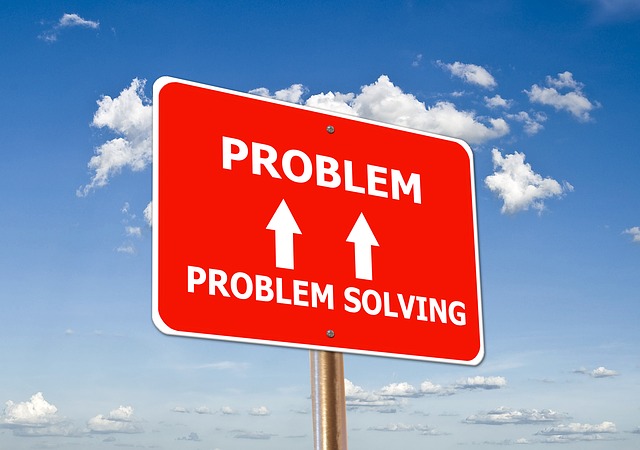On a recent Breathe In podcast episode, Lea and I discussed some of our experiences with clinical drug studies. I’ve done a few throughout the years, some achieving their goals and others ending in failure. Since the episode aired I’ve gotten a few questions about the up’s and down’s of enrolling in clinical studies. For the most part, I think playing an active role in drug development is a hugely rewarding experience, but it can be a huge pain in the ass as well.
For each pro, there seems to be a con.
Pro
The ultimate pro is that I feel like I’ve played a role in advancing research in the treatment of the disease. The outcome of a trial, positive or negative, impacts the way researchers will look at the disease. Sometimes it takes 1000 failures to find a single success. To that end, the CF patient population is far too small for eligible patients to say NO when asked to join a trial. Patients who were around only 30, 40, 50 years ago never had access to some of the treatments we are testing now. I think we owe it to them to volunteer for trials.
Con
The placebo effect is real. In placebo-blinded studies, it has felt like I’ve been part of a giant mind game as much as I’ve been part of a physical study. In certain studies it was very easy to convince myself that I was receiving LIFE CHANGING treatment, when in reality objective data was showing that nothing too dramatic was actually changing. The other side of this is the people in my life go along with the placebo effect as well. I generally try to keep it to myself whenever I enroll in a study, but some people know – they’ll say stuff like, “wow, you’re hardly coughing!” or “this is definitely working, I know it” based on limited interaction. The placebo effect doesn’t impact the patient alone.
Pro
I’m definitely a bit of a techie, so I love learning about the science around whatever is being studied. Generally speaking clinical drug studies are very transparent with what’s being studied and how it is being studied – I like that side of it. Sometimes the data collection is kept private from the patients to adhere to the blinded side of the study, but if you’re very in tune with your body like I am, then it’s easy to figure out what’s going on. I definitely appreciate the science side of things. I’ll be the first to say it is often complex, but I think it’s certainly a cool thing to follow… it makes me feel like I’m on the cutting edge.
Con
Studies make me feel like a lab rat. Some studies are more invasive than others, and to that effect some of the more invasive studies have certainly led me to feel like I am a science project. Some visits I’ve been on have included dozens of tests over the course of a day, and while most of my experiences have been pain free, being attached to wires and tubes gets old pretty quickly.
Pro
Sometimes you get paid to be in a study… money is a good thing.
Con
Visits can be frequent and long. If you’re thinking about enrolling a drug study be prepared to spend a lot of time in the research wing of the clinic. I will say the nice part of this is that I’ve developed a relationship with a lot of different healthcare workers as a result, but some trials have felt like they’ve taken over my life – especially when I’ve been hit with a 12 hour visit following up a 6 hour visit only a few weeks apart.
Pro
There’s a chance you could be one of the first people to receive a life changing medication. I’m still looking for this particular experience – selfishly I’m holding out hope. I’d be lying if I said part of my willingness to get involved in clinical studies wasn’t about potential benefits offered. While there is hardly any guarantee to what may happen when I enroll in studies, I do hold on to quite a bit of cautious optimism. It really is hard to overlook some of the potential benefits so some of the medications being studied these days… to that end if I’m eligible it seems like a no brainer to enroll.
Con
Sometimes it seems like expectations for the patient are unrealistic. I’ve participated in clinical trials that include a run-in period or a washout – the terms, at least as explained to me, seem to be interchangeable, but also include some differences. In order to establish a baseline for a study, the guidelines may require the patient to withhold medications, or alter some areas of care, prior to dosing the study medication or placebo. In one very specific past experience, I once attempted to enroll in a study and became very sick during the run-in period simply because I was trying to make it through the window to receive the study medication without breaking the guidelines placed upon my care. In an illness like CF, a patient’s health can very easily change overnight. Altering care is somewhat of an unrealistic request for patients, at least in my opinion. It’s like taking the reigns out of the doctor’s hands and creating a blanketed policy of care for a set period of time. That’s like the exact opposite what medicine should be. I understand that it’s important to limit variables and control as much as possible when pushing a medication through developmental stages, but this is impractical for some study participants. If we’re trying to get an accurate look at a medication, then why alter the way a patient lives and treats the illness? This is something that has to be fixed.
Pro
Someone has to be the first to walk into the unknown. It takes a degree of courage to sign up for something that is experimental. I think this is the big time pro. Ultimately it is very rewarding to take part in a clinical drug study – success or failure – because you’re playing an active role in advancing science.
Con
It can be frustrating. I’ve set my hopes far too high for my personal response to a clinical drug study before and I’ve learned the hard way that there is very little benefit to doing that. It’s best to enter them with an open mind and understanding that nothing is guaranteed. Sometimes the meds work, others times they don’t. If they already had that answer there would be no need to study the meds…
It’s important to talk candidly with your doctor about studies, your eligibility, what they may offer and their respective safety as they relate to your health. They are huge time commitments and sometimes require lifestyle changes. Other times they can put your health in jeopardy (see my experience with the run-in period). In the end, though, they are necessary and important. It’s impossible to overlook what kind of impact these studies can have on our community at large.





